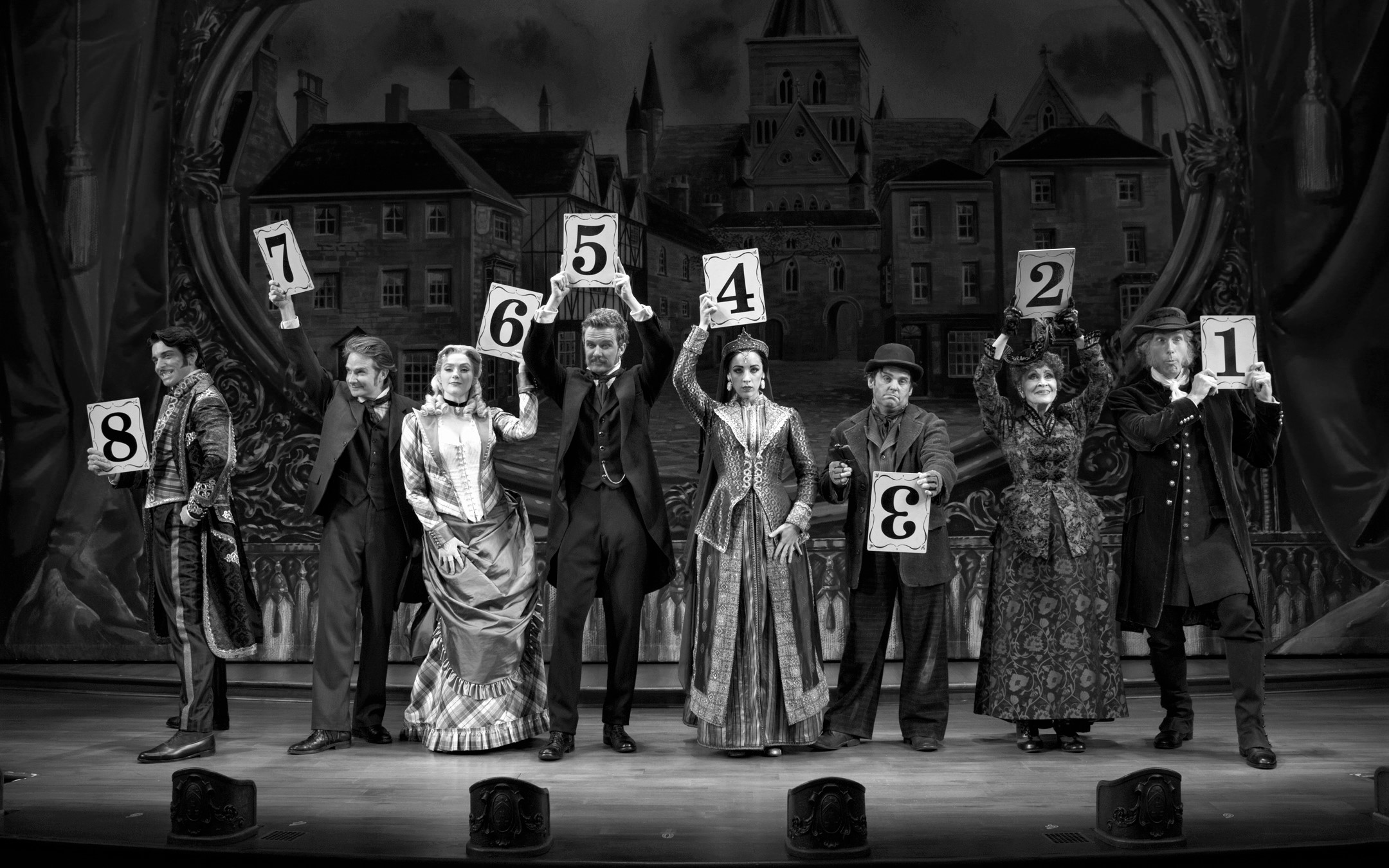Running Into Walls: Trials of New Work Development

Recently, my life has been surrounded by new play development. I wrote a bit about it last week, concerning the functions of cuts and changes, particularly in Hadestown. But now it feels even more present: just in this week, I have dramaturged a new play through two new drafts, seen three new one-act plays and seven new short operas, and threw away my last draft of the play I am working on.
Indeed, things never really slow down at my school. But it got me thinking about how I interact with new work: creating it, facilitating it, and watching it. All of these roles, in their own ways, have got me thinking about what a play "wants" and "needs” - a strange, intangible sense that dictates what creatives should do with a given piece at a given time. The play becomes its own entity, with its own desires. It's just a matter of us uncovering what those desires are.
Not that it's easy. The play I am currently dramaturging, working one-on-one with the playwright, feels like it needs a workshop. The playwright has worked on the piece for several years now, but it's never had a reading. We are certainly finding places to rewrite, moments to flesh out character arcs, new threads to pull, existing parallels, typos that turn out to be interesting ideas for the rest of the play. But it's all detail work.
What the play needs, in our minds, is actors to inhabit the roles, a director to fill out the world, and designers to articulate the setting. And only then does it feel like radical progress can happen. Problem is, everyone is so busy and there's so much going on, and frankly neither one of us know how to set up a workshop.
In that case, there's a logistical wall that we're running into. But then there's the creative wall I have currently met in the play I am creating for a playwriting class. I had my workshop for my first draft back in October, came out with a new framing device, and then wrote approximately half of that draft. Then I had a meeting with my professor and realized that really, I had no idea what story I was trying to tell. I may have cried a bit.
I then took my professor's advice and started writing that story separately before trying to make it into the play. For a while, things were going well. I had articulated the setting, found the relationships between the characters, got them into dramatic situations...and then I promptly hit a wall again. I didn't know what I wanted to happen next. The play feels like it wants to go in a whole new direction. Problem is, I haven't uncovered that direction yet. Well, I've uncovered about half of it. Nevertheless.
All the new work I saw this week was wonderful - one of the most under-recognized parts of new work development is the deep need for production. Actors, directors, and designers can pull out threads and ask questions that a playwright never even thought to consider. Then there is also the firm goal of getting a whole production together for performance. That provides its own issues: there's a point where a playwright can no longer offer rewrites because it would be impossible for the actors to memorize them, or they would affect the existing design too much.
Developing new work becomes much less about when something is done, and much more about where a piece needs to go next. Where a piece usually needs to go next is past a giant, intimidating wall of deadlines, budgets, and creative blocks. It really doesn't matter where in the process a piece is, there is almost always something in the way.
What I want is greater awareness of these walls. I want kindness and appreciation for those currently stuck. That kind of support can be what a playwright or creative needs to find a way past the wall, whether it's knocking it down, tunneling below, climbing over, or even integrating it into the work.
I am going to have a meeting with a friend about my play very soon. I'm going to email an advisor about how to set up a workshop. And, hopefully, that's two walls scaled for me.
(Photo: A scene from Balloon Animals by D.T. Burns, directed by NaTasha Thompson, one of the three new plays mentioned in the article. Photo by Louis Stein.)




